A lot of bands can be described as “improvised music,” and that’s the beauty of the genre. Straight-ahead jazz has improvised solos built in, of course, yet generally that’s over a framework of complex chord changes. More rock-oriented groups will simply lay down a drone, grind out riffs, or rely on blues changes. I’ve been told the legendary Grifters would often facilitate freestyle moments in their live sets by having sheets of paper marked with chord names, like “C” or “A-flat,” laid out on the stage. They would wail for a while, and when one player wanted to shift gears, he would point to a new chord and the rest would follow suit. To audiences, it seemed like sheer telepathy.
This Thursday, March 20th, the Lamplighter Lounge will present a case study in two approaches to improvised sonic adventure. The opener will be Turnt, who have enjoyed a Sunday residency at the Lamp for years now, often with a rotating cast of players. They’re not always strictly improvised, but that’s often the starting premise, and they arrive at it from a decidedly rockist orientation. The true “soloist,” as it were, is drummer Ross Johnson, who’s been globally celebrated for his off-the-cuff verbal rants since 1979’s “Baron of Love, Pt. II.”
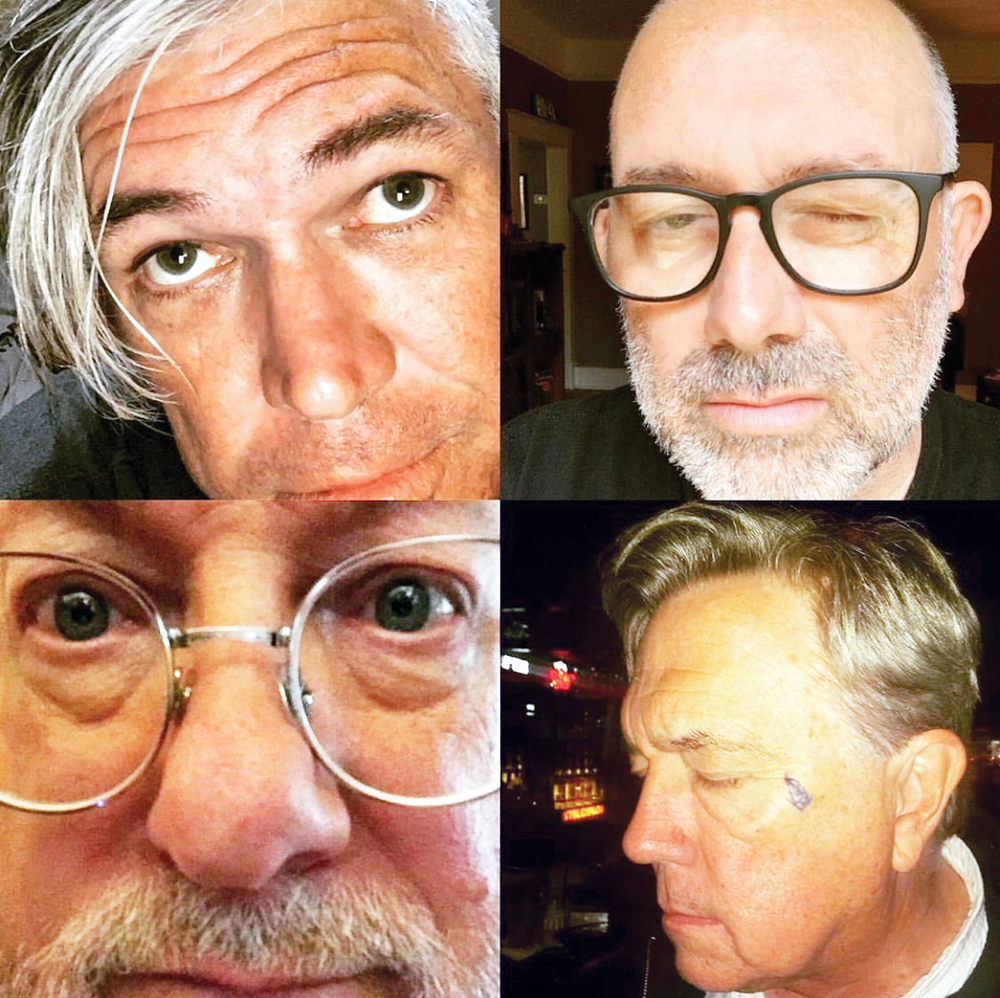
That recording, of course, was made in cahoots with firebrand Alex Chilton, but more recently Turnt, too, have shown off Johnson to great effect. You can hear his magic on Bandcamp on such tunes as “Methadone Takeout Card,” “Twelve Hours on a Respirator,” or “Merry STD Baby,” where the verbal pugilist is backed by core Turnt members Scott Taylor (of Grifters fame), Bill Webb, and Hans Faulhaber. Though Taylor was sidelined by a stroke about a year ago, from which he’s now heroically fighting his way back, the band carries on. And while Johnson claims to have sworn off his ranting, we fans will believe it when we see it.
After their set, some fresh faces will take the stage: The Glass Key Trio from Santa Fe, New Mexico. As Faulhaber quips with characteristic humility, “They can actually play!”
Indeed, band leader and guitarist Jeremy Bleich studied composition at Cleveland State University, mostly playing bass and classical guitar at the time. And his trio’s debut album, Apocalypse Fatigue, led to two nominations in the 2023 New Mexico Music Awards, including Best Jazz Album and Best Instrumental Song. Yet when I note to Bleich that the Lamplighter Lounge doesn’t often play host to award-winning jazz groups, Bleich lets out a hearty laugh. “Actually, the thing that we’re not used to is playing in jazz rooms, to be honest,” he says.
“It’s interesting. The word jazz means different things to different people,” he goes on. “And I think the way that jazz is marketed or presented in certain venues can sometimes be codified in a way that we would definitely be excluded from. In my view — and I’ve played a lot of straight-ahead jazz in my life, too — I feel that jazz should be a living, breathing thing, and it always brings in different elements of music. A lot of the jazz that I’ve played has been influenced by so much music outside of bebop or straight-ahead jazz. Our music has a lot to do with other traditions, some of which are improvised, like Balkan music or bluegrass or American folk. I don’t really see much of a division between them. And a lot of the leading people that I’m listening to in jazz music are definitely interested in all of those different things, including punk rock.”
Although parts of Apocalypse Fatigue sound a bit like Bill Frisell if Frisell listened to more Wire, you won’t hear much punk per se on The Glass Key Trio’s album — yet it’s clearly in Bleich’s musical DNA. That goes back to his post-collegiate years in New York. “In the ’90s and the 2000s, the Downtown New York scene was kind of centered around the things that John Zorn was involved in, and his Tzadik label. I played with a group called Birth, and we did a lot of playing in New York at that time, with a lot of those guys who were on that label. They were all into, you know, klezmer music or Balkan music or Arabic music. I played the oud a lot, and that kind of came from that scene, which was reaching for something outside of straight-ahead jazz, for sure.”
Nor do the other two members of the trio limit their definitions of “jazz.” Drummer Milton Villarrubia III comes from a respected musical family in New Orleans. “He’s an old friend of mine,” says Bleich. “We’ve been collaborating on so many different styles of music and groups over the years. He ended up moving to Santa Fe the night of Hurricane Katrina, trying to get to the highest ground he could. And he’s an amazing drummer. He’s got this thing that only New Orleans drummers have, which is this deep, easy pocket that’s just so easy to play to. And then he can turn on a dime, and just play completely free.”
You can also file bassist Ben Wright under “free,” though he’s equally at home with more structured music. Many Memphians have enjoyed performances by his renowned father, saxophonist Jack Wright, whose Wrest trio was brought here by Goner Records, in a show at B-Side Bar. While Bleich’s music is clearly composed, he has an open approach to the band’s interpretation of his music, especially with newcomer Wright inheriting his father’s proclivities. “Ben can really go there,” Bleich enthuses. “He was raised in that [free] tradition. So, you know, The Glass Key Trio’s music is kind of taking on a whole new kind of life from the improv element. It’s a little freer. It’s a little more sound-based, and so I’m excited to explore those elements as well.”
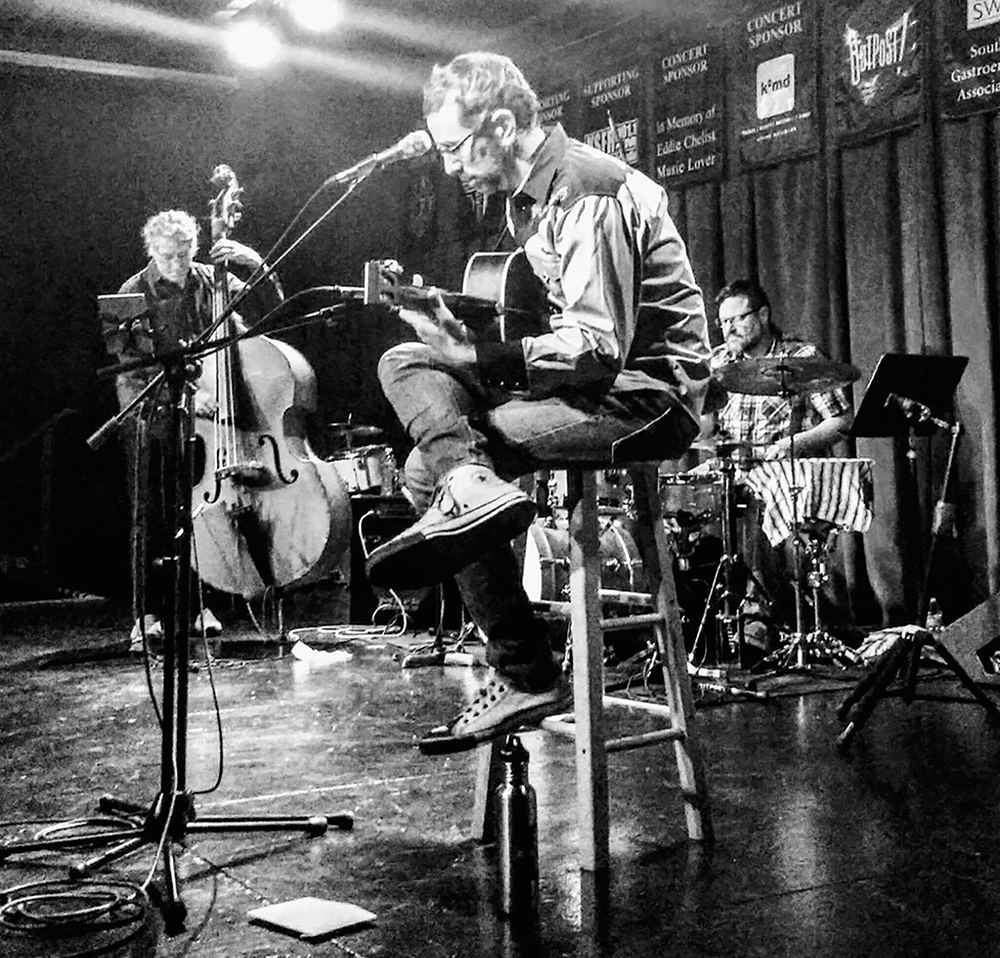
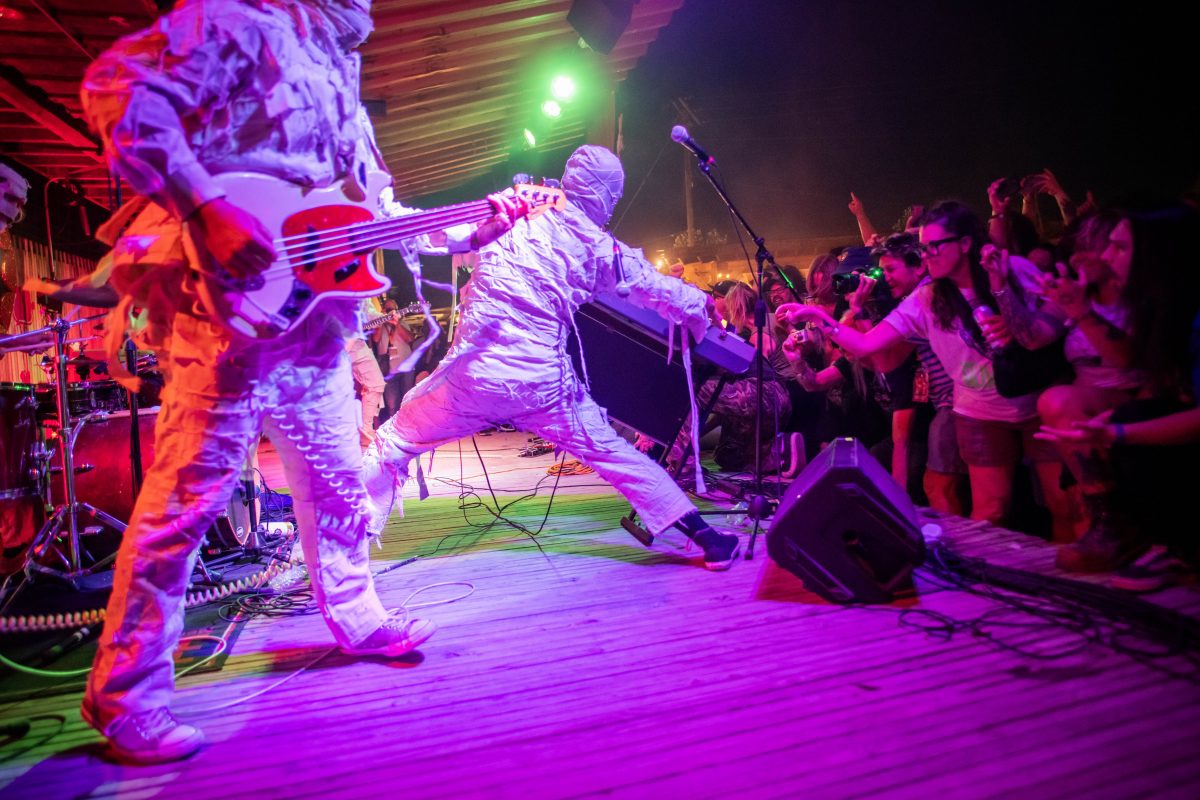
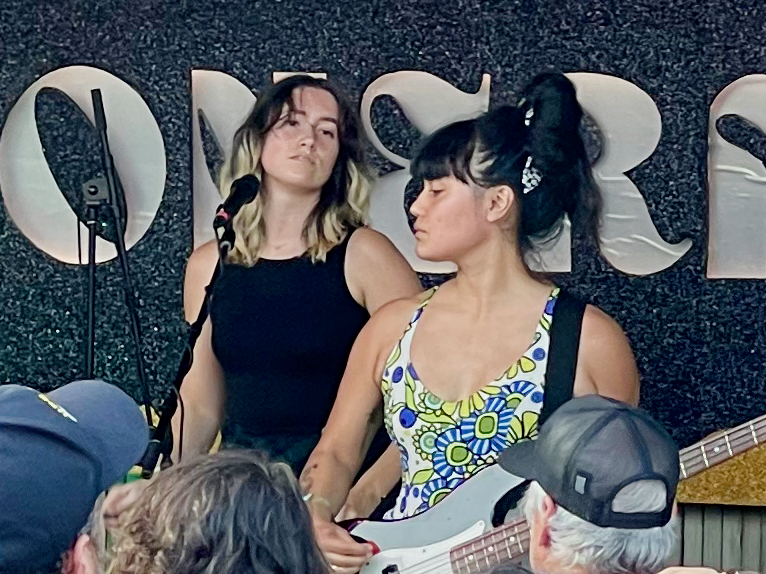
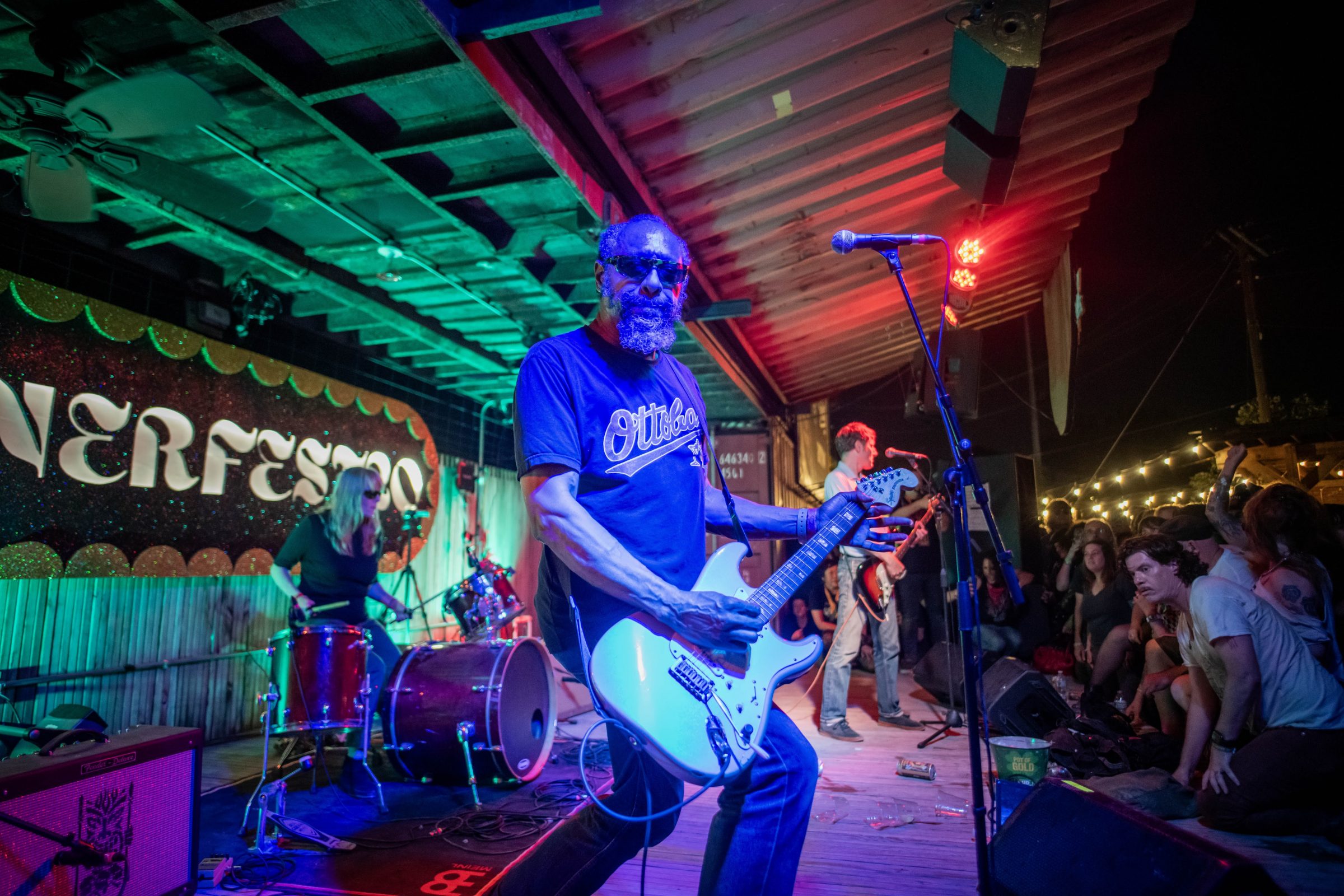
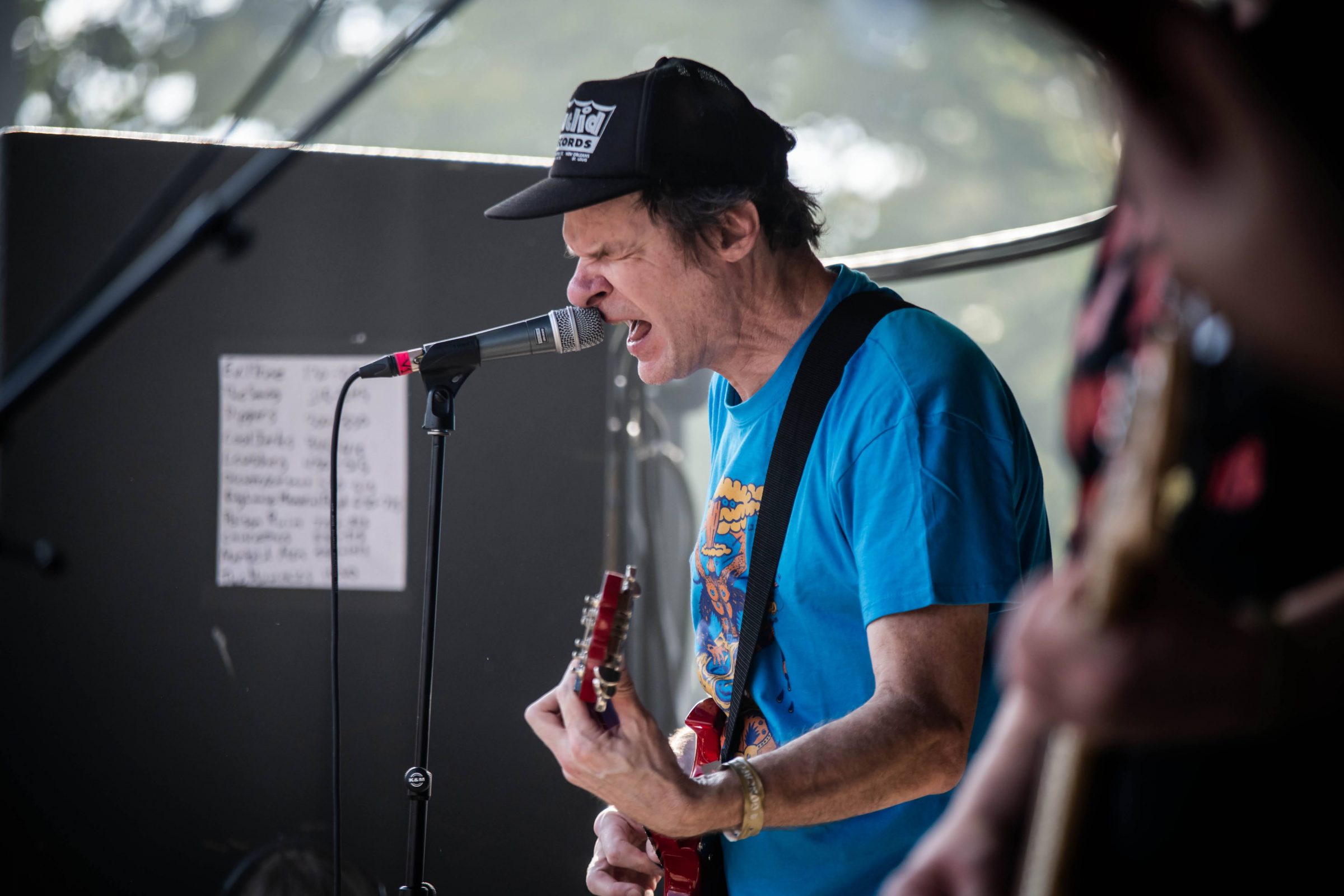
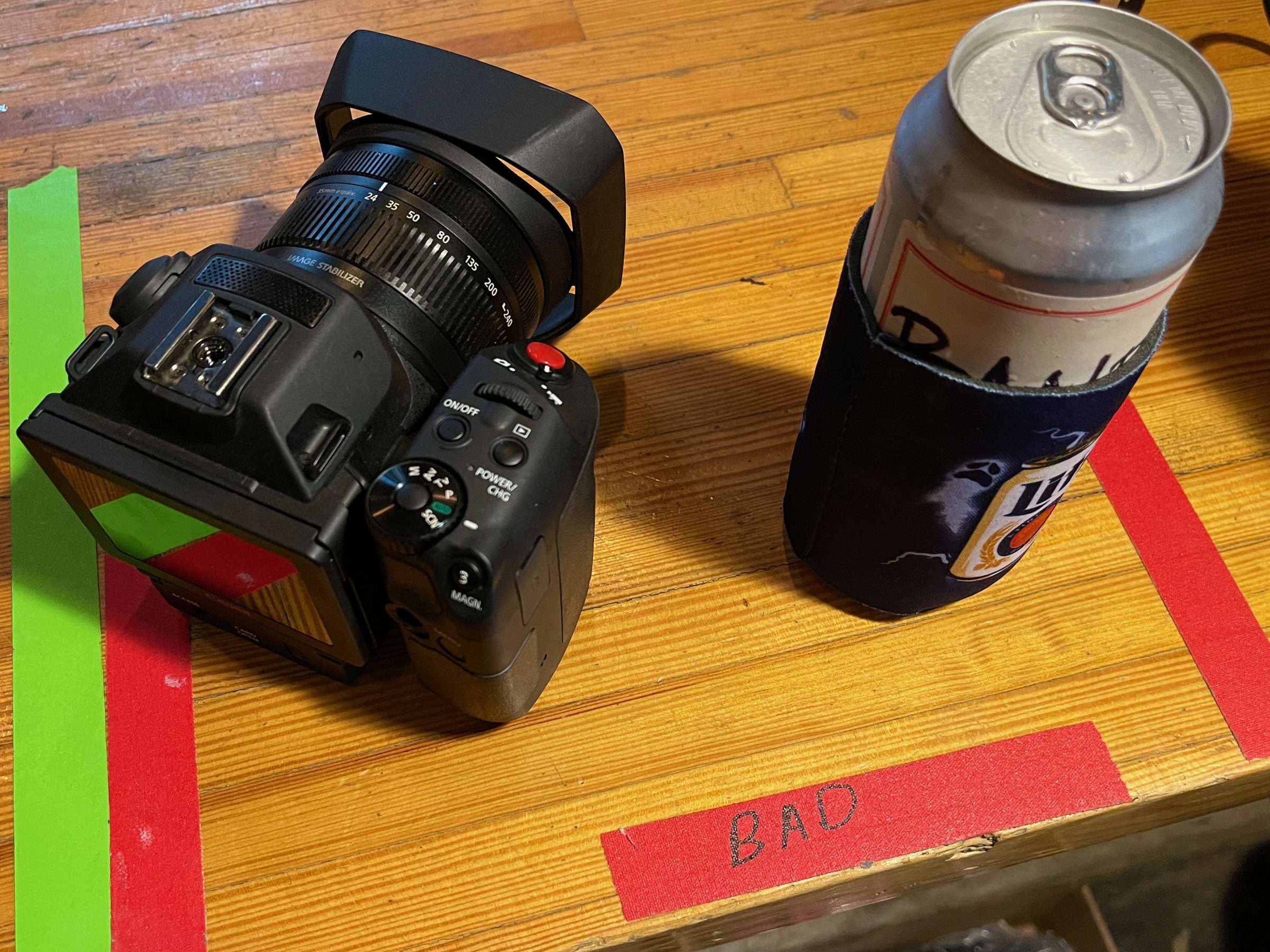
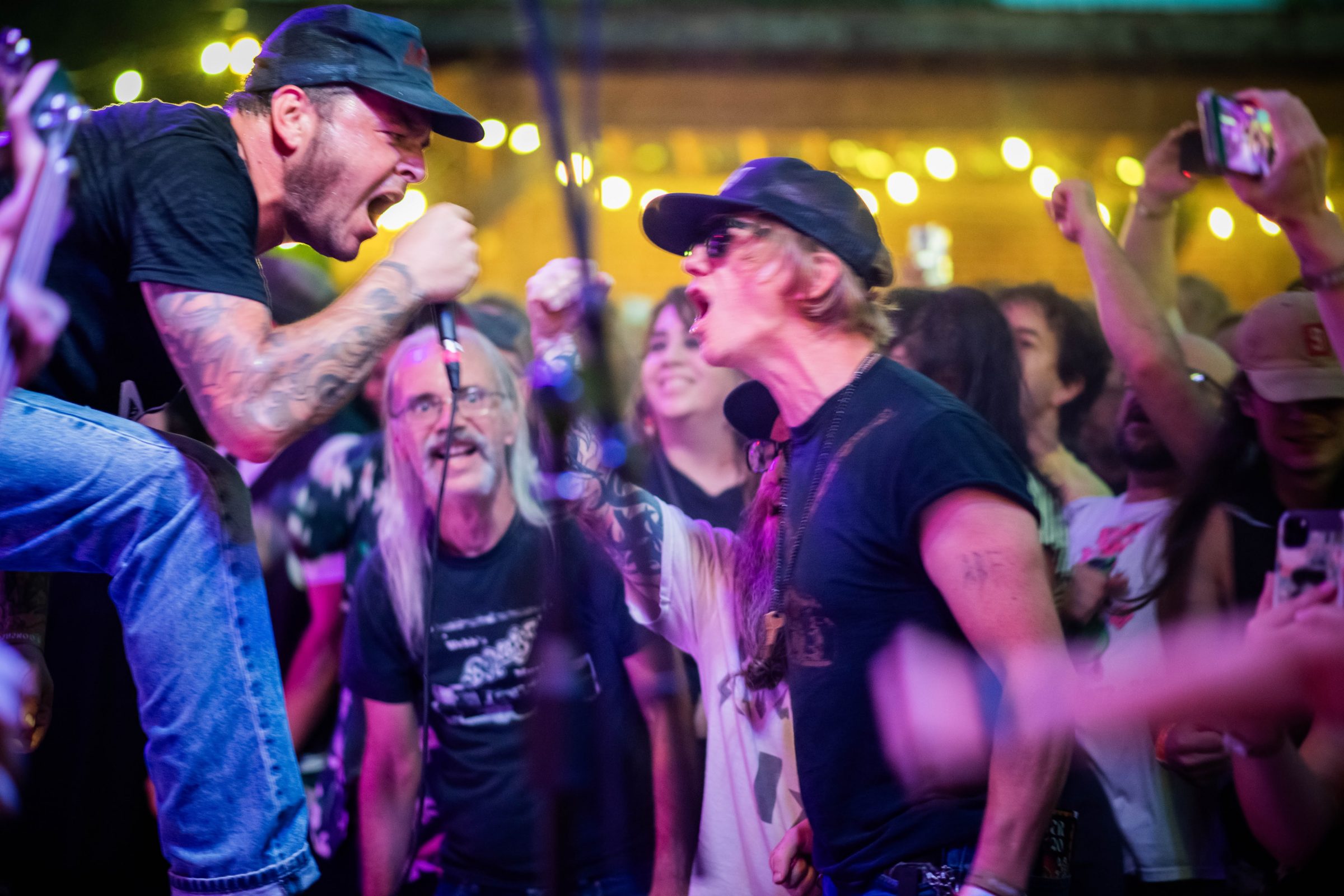
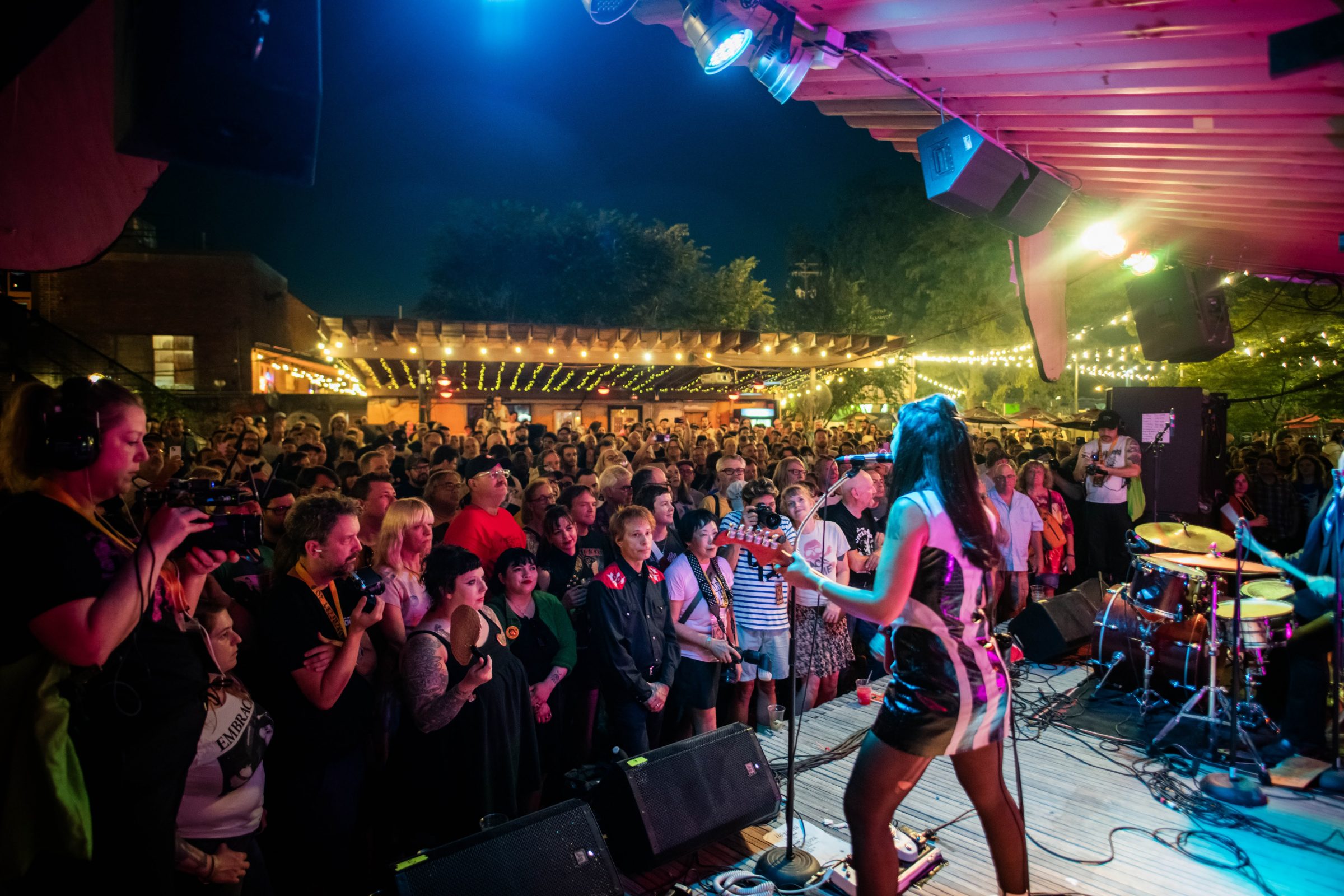
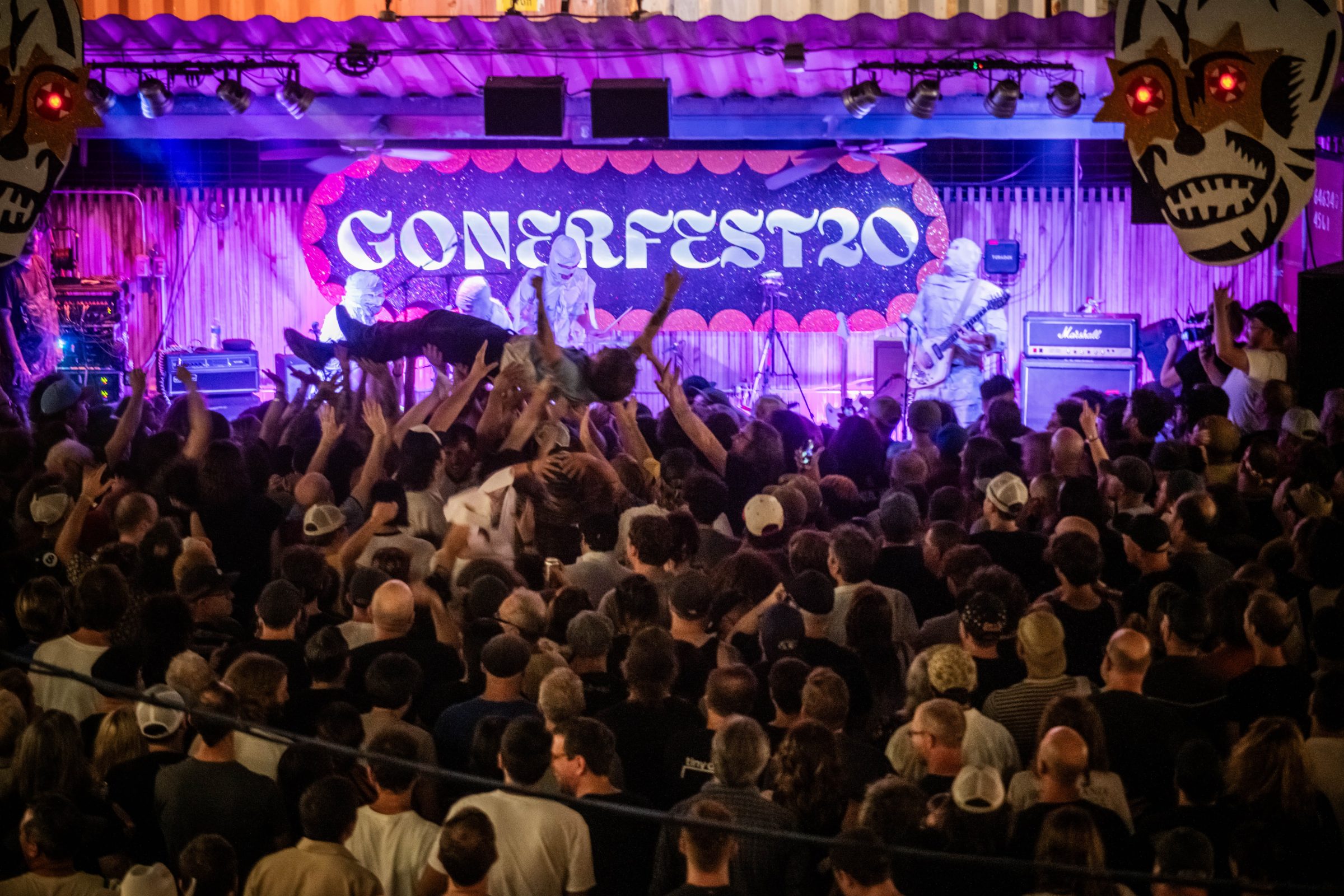
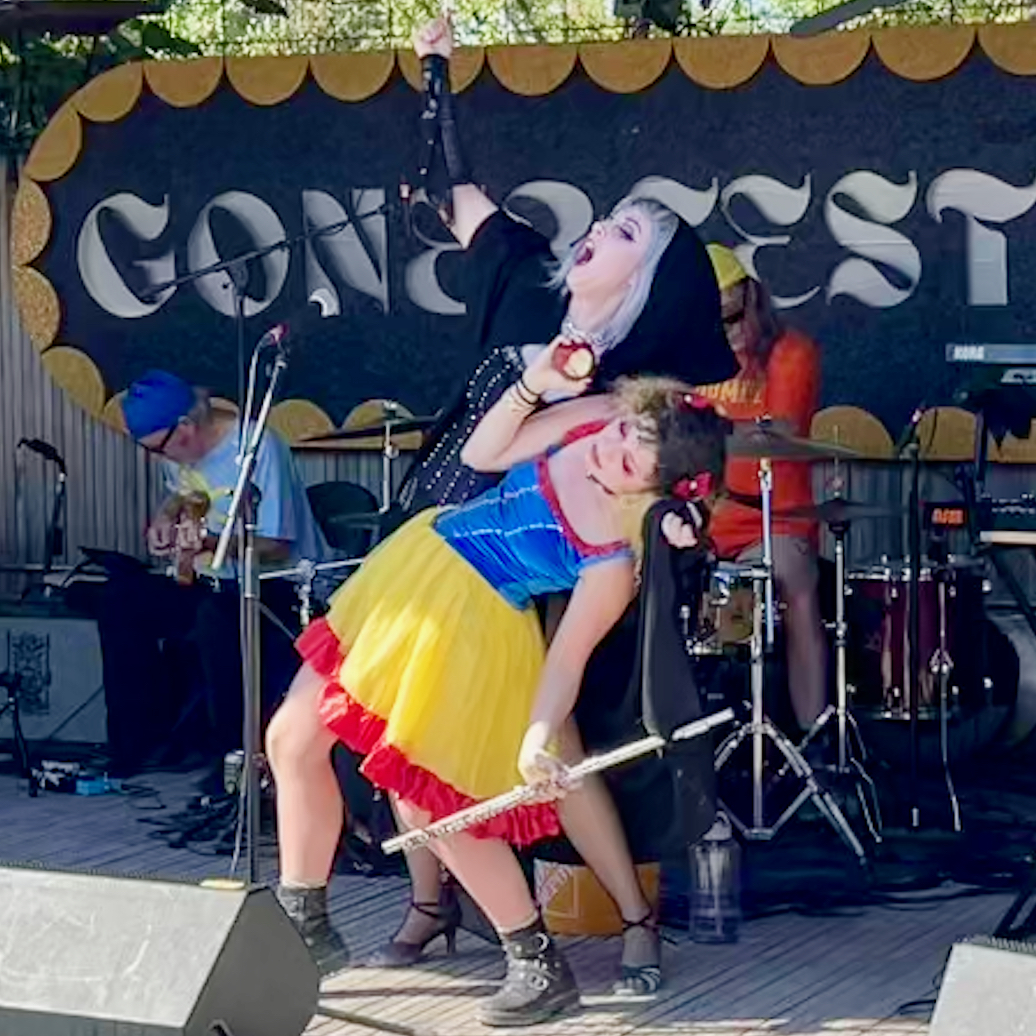
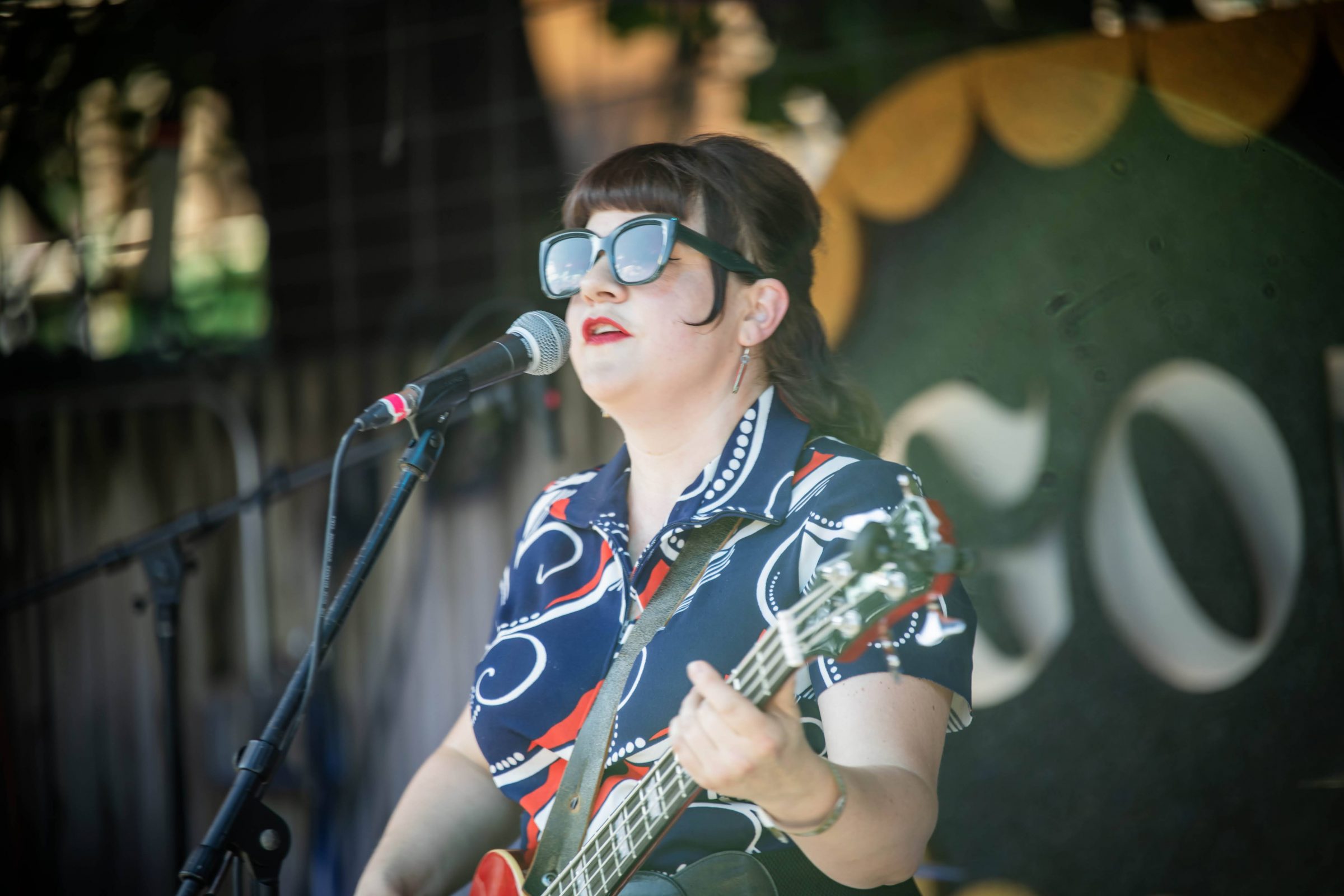
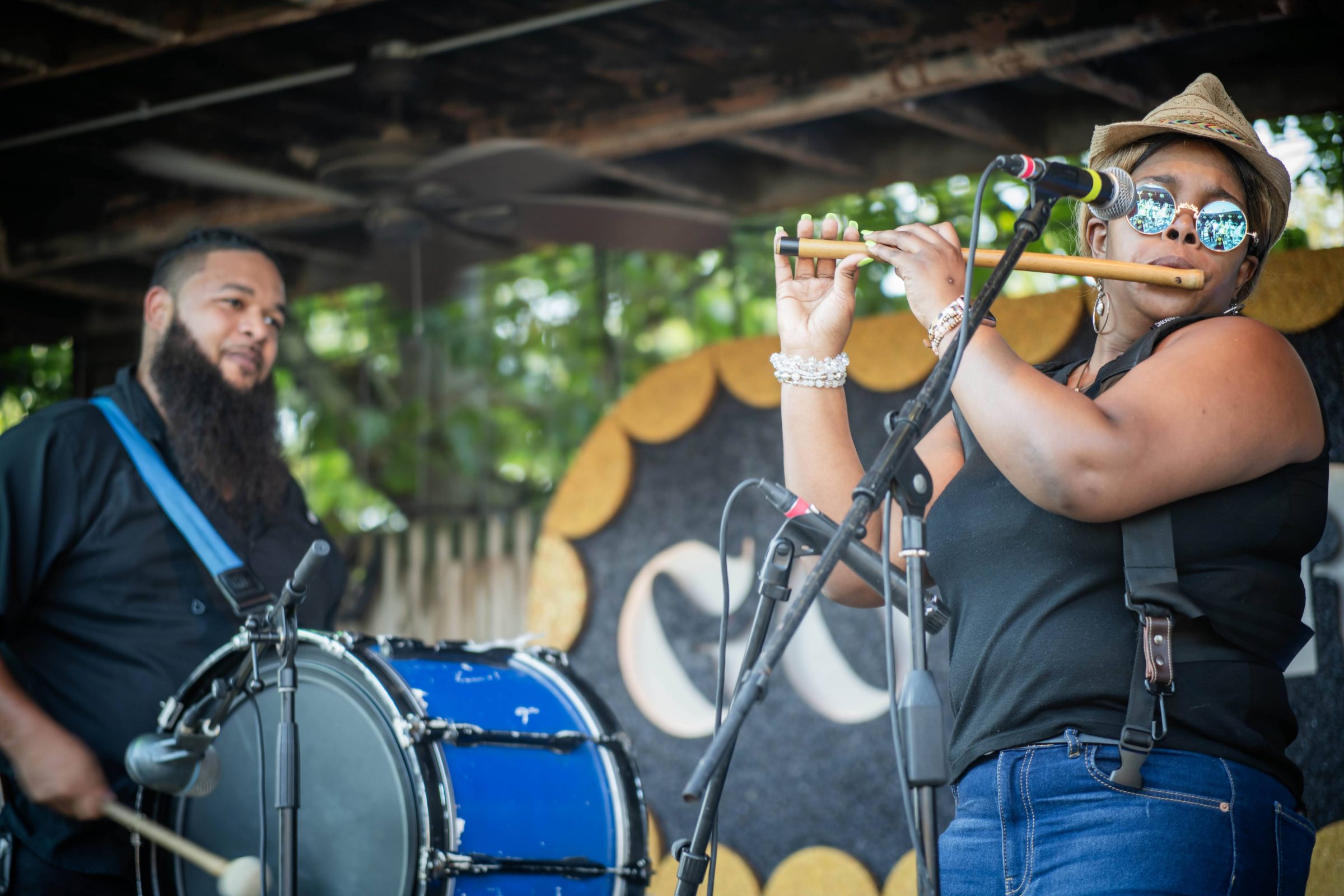
 University of Tennessee Health Science Center
University of Tennessee Health Science Center